On the morning of Jan. 6, Xi Jinping, general secretary of the Communist Party of China (CPC) Central Committee, Chinese president, and chairman of the Central Military Commission, delivered an important speech at the fourth plenary session of the 20th CPC Central Commission for Discipline Inspection (CCDI). He emphasized that unprecedented efforts have been made to advance full and rigorous Party self-governance and promote the fight against corruption since the beginning of the new era, yielding widely recognized results. It is essential to remain steadfast in the ongoing fight against corruption and to maintain strategic resolve and a tough stance. We must press forward without pause or compromise, coordinate efforts to ensure that officials do not have the audacity, opportunity or desire to become corrupt, and resolutely win this tough, protracted and all-around battle.
Li Qiang, Zhao Leji, Wang Huning, Cai Qi and Ding Xuexiang, all members of the Standing Committee of the Political Bureau of the CPC Central Committee, attended the meeting. Li Xi, a member of the Standing Committee of the Political Bureau of the CPC Central Committee and secretary of the CCDI, presided over the meeting.
Xi pointed out that in 2024, the CPC Central Committee continued to use the Party's self-reform to steer social transformation and persevered with full and rigorous self-governance, securing new progress and achievements. The entire Party has gained a clearer understanding and stronger resolve in action regarding the crucial issue of self-reform. Party discipline education has been thoroughly implemented, greatly raising awareness of rules and discipline among all Party members. Efforts to combat corruption have been intensified to eradicate the breeding grounds and conditions for corruption. Concrete actions have been taken to address misconduct and corruption at the primary level, resolving many of the most pressing issues that cause grave public concerns. Additionally, the deepening efforts to run the Party based on its systems and regulations have further strengthened the Party's capacity to lead the fight against corruption and advance full and rigorous Party self-governance.
Xi emphasized that corruption is the greatest threat to the Party, and combating corruption represents the most thorough kind of self-reform. Entering the new era and confronted with prominent issues in improving conduct, upholding integrity and fighting corruption within the Party, we have remained committed to investigating and addressing all corruption cases to preserve the integrity of officials. By doing so, we have burnished the Party's image, consolidated the socialist foundation, gained the historical initiative to ensure that the Party remains true to its nature, conviction and character, and also secured the historical initiative for the Party to unite and lead all the people in the pursuit of building a strong nation and achieving national rejuvenation.
Xi said the current anti-corruption situation remains grave and complex. The backlog of corruption has not yet been eradicated, and new cases continue to arise. The task of eliminating the breeding grounds and conditions for corruption remains arduous. To understand the fight against corruption, we must have a historical perspective and strategic vision, and focus on the Party's mission and tasks. We must remain steadfast in combating corruption. Any hesitation, laxity or abandonment will lead to catastrophic mistakes. We must resolutely dispel all misconceptions, clear away ideological confusion, and further strengthen our determination and confidence in the fight against corruption.
Xi emphasized that on the new journey of the new era, we must uphold the spirit of reform and exercise strict Party self-governance to strive for greater results. This will ensure the implementation of the decisions made at the 20th CPC National Congress and the third plenary session of the 20th CPC Central Committee, ensure that the Party is always the firm leadership core guiding the cause of socialism with Chinese characteristics, and guarantee the steady and long-term advancement of Chinese modernization.
Xi pointed out that we should conduct concrete, targeted and regular political oversight. It is essential to closely follow the CPC Central Committee with firm actions. Ideologically, we must persistently strengthen efforts to equip members with the Party's new theories. This will enable them to accurately grasp the CPC Central Committee's goals and requirements for reform and development in their respective regions, departments and fields, and will ensure unity in thinking and action. Politically, it is a must to uphold the centralized, unified leadership of the CPC Central Committee, enforce strict political discipline and rules, and never allow the seven types of misconduct, so as to match our deeds with words and fully comply with the CPC Central Committee's directives and prohibitions. In action, it is imperative to take the implementation of the decisions and arrangements of the CPC Central Committee as the focus of political oversight, thereby jointly pressing ahead with critical reform tasks and promoting high-quality development.
Xi stressed that strengthening Party discipline is a regular practice, and it is necessary to guide Party members and officials to transform Party discipline into self-discipline and internalize it into an everyday code of words and deeds. Efforts are needed to build a regular and long-term discipline education mechanism so that discipline education lasts throughout the whole cycle of officials' growth and integrates into the entire process of organizational management. It is also necessary to strictly implement Party discipline, accurately exercise four forms of oversight over discipline compliance, seek truth from facts, protect the innocent while holding wrongdoers accountable, identify problems early and correct them while they are nascent. Thus, we can enforce strict management and supervision while encouraging officials to take on responsibilities, and enable them to engage in reform and innovation and show great enterprise in compliance with the rules and discipline.
Xi pointed out that it is necessary to further investigate and address instances of both misconduct and corruption. It is a must to always show zero tolerance for malpractices, strictly implement the central Party leadership's eight-point decision on improving conduct, rigidly investigate and punish those who intentionally violate Party discipline, and address the more hidden problems of pointless formalities, bureaucratism, hedonism and extravagance. We must urge Party members and officials to resolutely oppose privilege-seeking mindsets and practices and to develop a firm and correct attitude toward power, performance evaluation and our cause. It is necessary to always maintain a tough stance against corruption, focus on and investigate key issues, areas and targets, investigate those who take bribes and also those who offer them, and resolutely eliminate the hidden risks of institutional corruption. Cases should be studied and used to promote rectification and improve governance, and efforts must be made to improve the mechanisms for regulating and supervising the allocation and exercise of power and increase the effective methods for combating new types and disguised forms of corruption. It is necessary to improve conduct and enforce discipline while combating corruption, investigate and severely punish those involved in misconduct intertwined with corruption, and eradicate the common root causes of both misconduct and corruption.
Xi emphasized the need to ensure that principal and oversight responsibilities for full and rigorous Party self-governance are assumed. Party committees must take the initiative in oversight and management, while disciplinary inspection commissions should fulfill their specialized supervisory duties, focusing on their core responsibilities and fulfilling their primary tasks. All responsible entities must be aware of, shoulder and fulfill their respective responsibilities. The mechanism for evaluating the fulfillment of responsibilities should be optimized, and work must be done to ensure accurate and well-founded accountability for those who fail to perform their duties and responsibilities.
Xi pointed out the need to continuously extend full and rigorous Party self-governance to the grassroots level. Party committees at all levels, especially those at the city and county levels, must make it a regular task to address misconduct and corruption that occur at people's doorsteps, ensuring tangible and perceptible results for the public. We should deepen reforms in grassroots supervision systems and mechanisms, integrating disciplinary inspection and supervision with inspections at the grassroots level and with other forms of oversight. Long-term mechanisms for rectifying pointless formalities to reduce burdens at the grassroots level should be implemented to enable primary-level officials to concentrate more on delivering results.
Xi emphasized that disciplinary inspection and supervision bodies are a vital force in advancing the Party's self-reform, and the Party and the people have full trust in and high expectations for this team. We should deepen the reform of the disciplinary inspection and supervision system, judiciously integrating the delegation of power with oversight to confine power to an institutional cage. It is necessary to ensure that disciplinary inspection and supervision work is carried out in a more standardized, law-based and professional manner, and to continuously enhance the ability to improve conduct, enforce discipline and combat corruption. We must consolidate and expand the achievements of theoretical study programs and education, adhere to the principle that it takes a good blacksmith to forge good steel, and strengthen strict management and oversight to build a loyal, clean and responsible disciplinary inspection and supervision team that has the courage and capability to engage in struggle.
Presiding over the meeting, Li Xi said that General Secretary Xi's important speech fully recognized the new progress and achievements in advancing full and rigorous Party self-governance over the past year. With a farsighted historical perspective, the speech showed a profound understanding of the fundamental principles governing the anti-corruption campaign and deeply analyzed the current anti-corruption situation. It outlined clear requirements for resolutely winning this tough, protracted and all-around battle against corruption, and presented a strategic plan for further advancing full and rigorous Party self-governance. The visionary speech is profound in thought, direct in addressing problems, and highly enlightening, providing important guidance for promoting full and rigorous Party self-governance and for combating corruption. We must thoroughly study and implement the guiding principles of General Secretary Xi's speech, and gain a deep understanding of the decisive significance of establishing Comrade Xi Jinping's core position on the CPC Central Committee and in the Party as a whole and establishing the guiding role of Xi Jinping Thought on Socialism with Chinese Characteristics for a New Era. It is necessary to be more conscious of the need to maintain political integrity, think in big-picture terms, follow the leadership core, and keep in alignment with the central Party leadership; to strengthen confidence in the path, theory, system and culture of socialism with Chinese characteristics; and to uphold General Secretary Xi Jinping's core position on the CPC Central Committee and in the Party as a whole, and uphold the CPC Central Committee's authority and its centralized, unified leadership. We must strengthen confidence, have the courage to fight, fulfill the political responsibility of full and rigorous Party self-governance, advance the coordinated efforts to ensure that officials do not have the audacity, opportunity or desire to become corrupt, and unwaveringly push the fight against corruption to a deeper level.
Members of the Political Bureau of the CPC Central Committee, members of the Secretariat of the CPC Central Committee, relevant leaders of the Standing Committee of the National People's Congress, state councilors, president of the Supreme People's Court, procurator-general of the Supreme People's Procuratorate, relevant leaders of the National Committee of the Chinese People's Political Consultative Conference, and members of the Central Military Commission attended the meeting.
Members of the CCDI, leading officials of central Party and government departments as well as people's organizations, and leading officials of relevant units in the military also participated in the meeting. The meeting was held via video and telephone, with sub-venues set up in various provinces, autonomous regions, municipalities directly under the central government, the Xinjiang Production and Construction Corps, and relevant military units.
The fourth plenary session of the 20th CCDI opened in Beijing on Jan. 6. The Standing Committee of the CCDI presided over the session. On the afternoon of Jan. 6, Li Xi, on behalf of the Standing Committee of the CCDI, delivered a work report titled "Further Promoting Efforts to Improve Party Conduct, Uphold Integrity and Combat Corruption, Providing Strong Guarantee for Advancing Chinese Modernization Through New Achievements in Full and Rigorous Party Self-Governance."









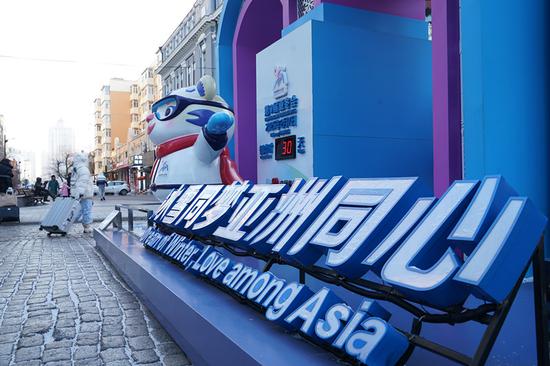
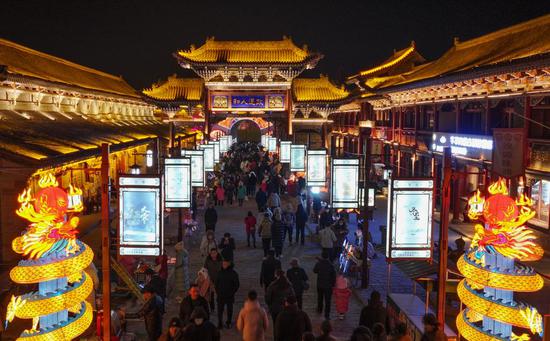
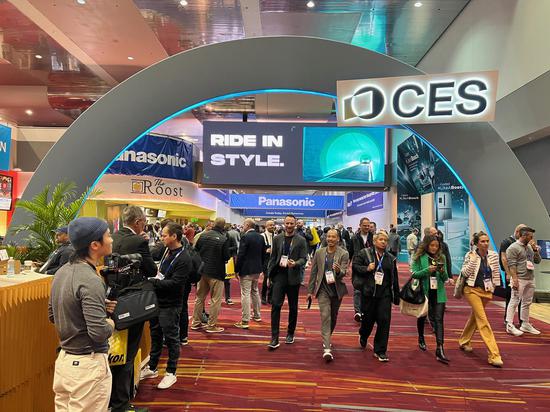
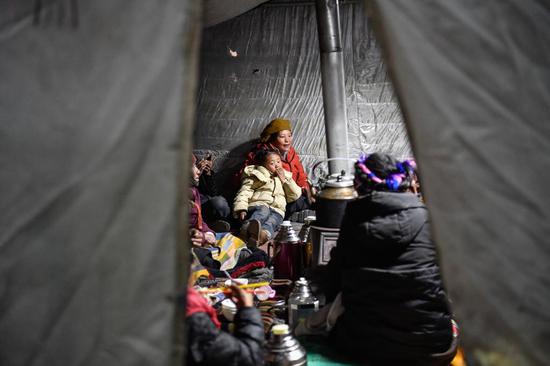
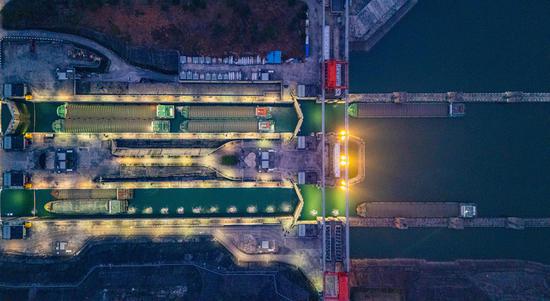









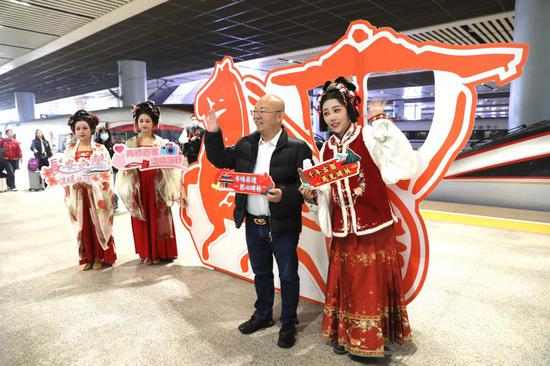
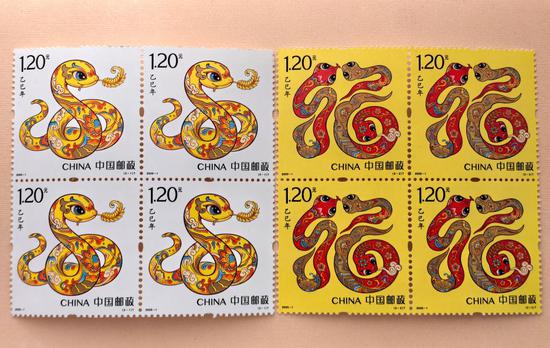


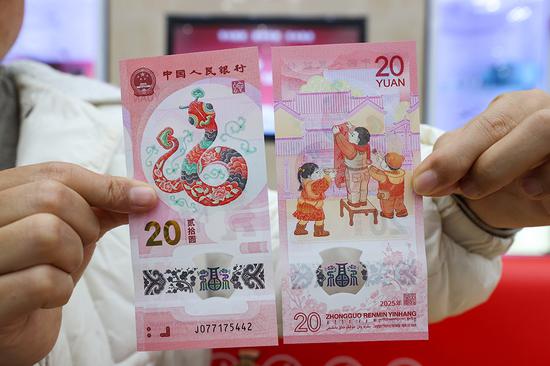
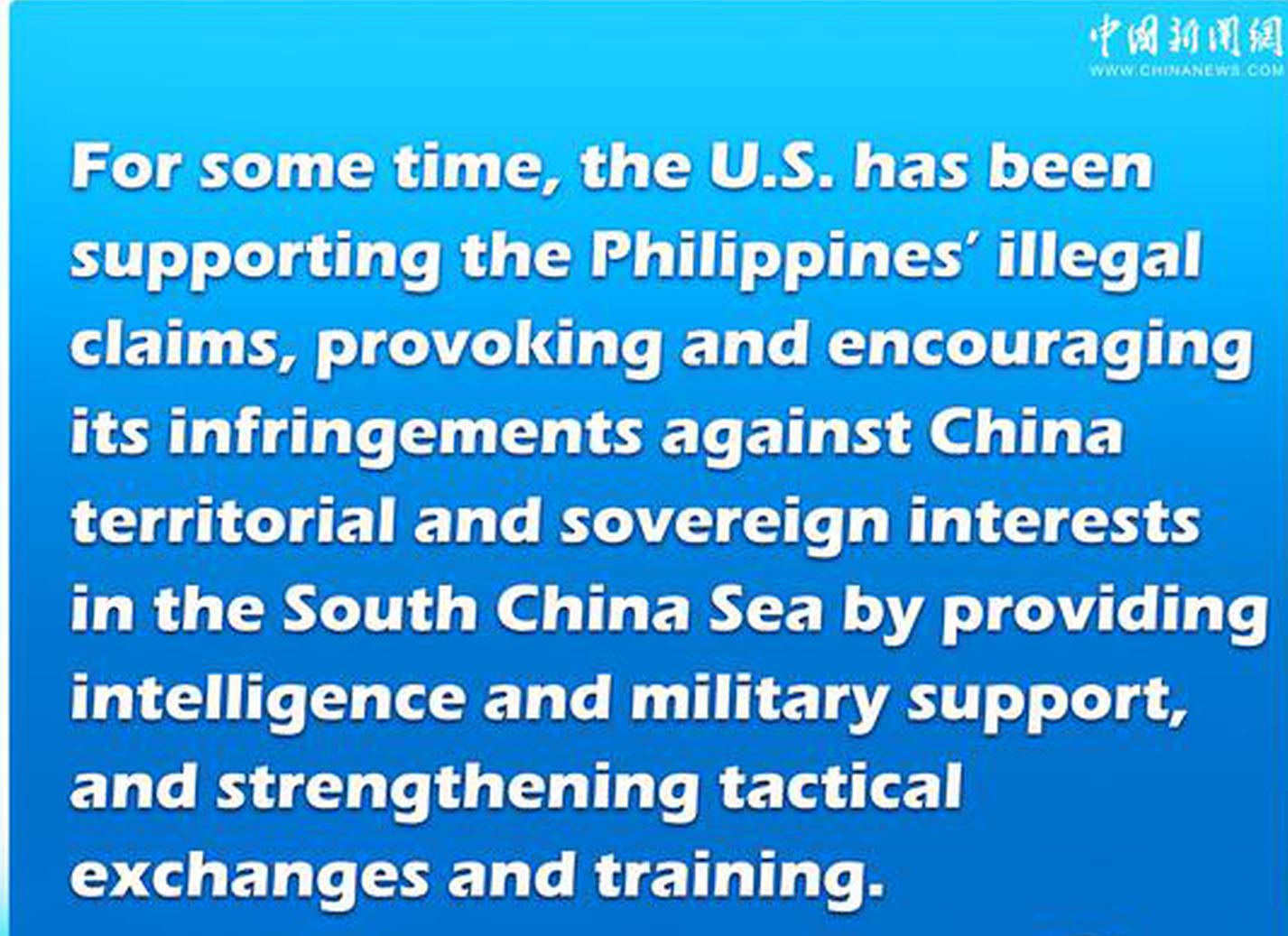

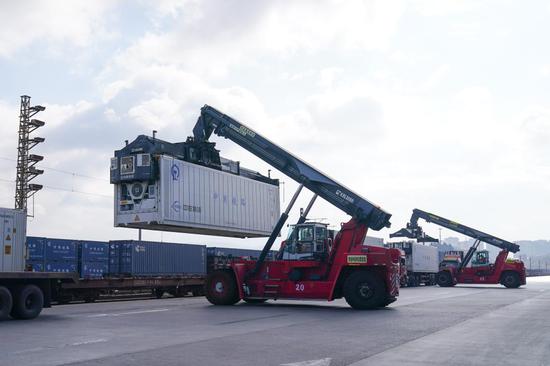
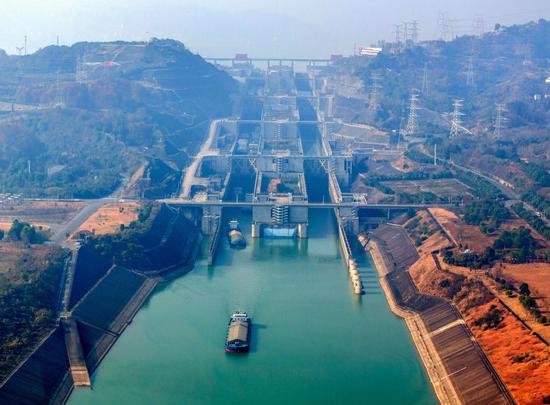


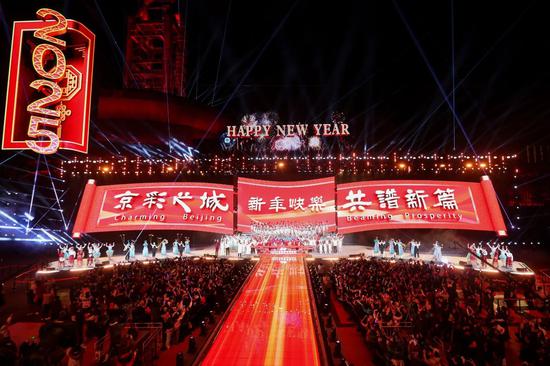
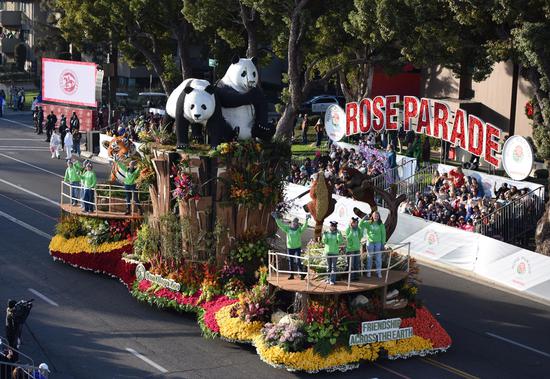

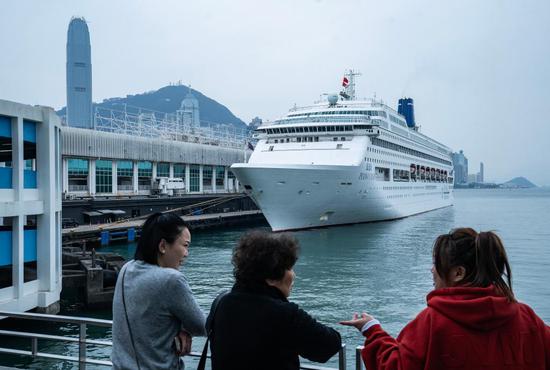
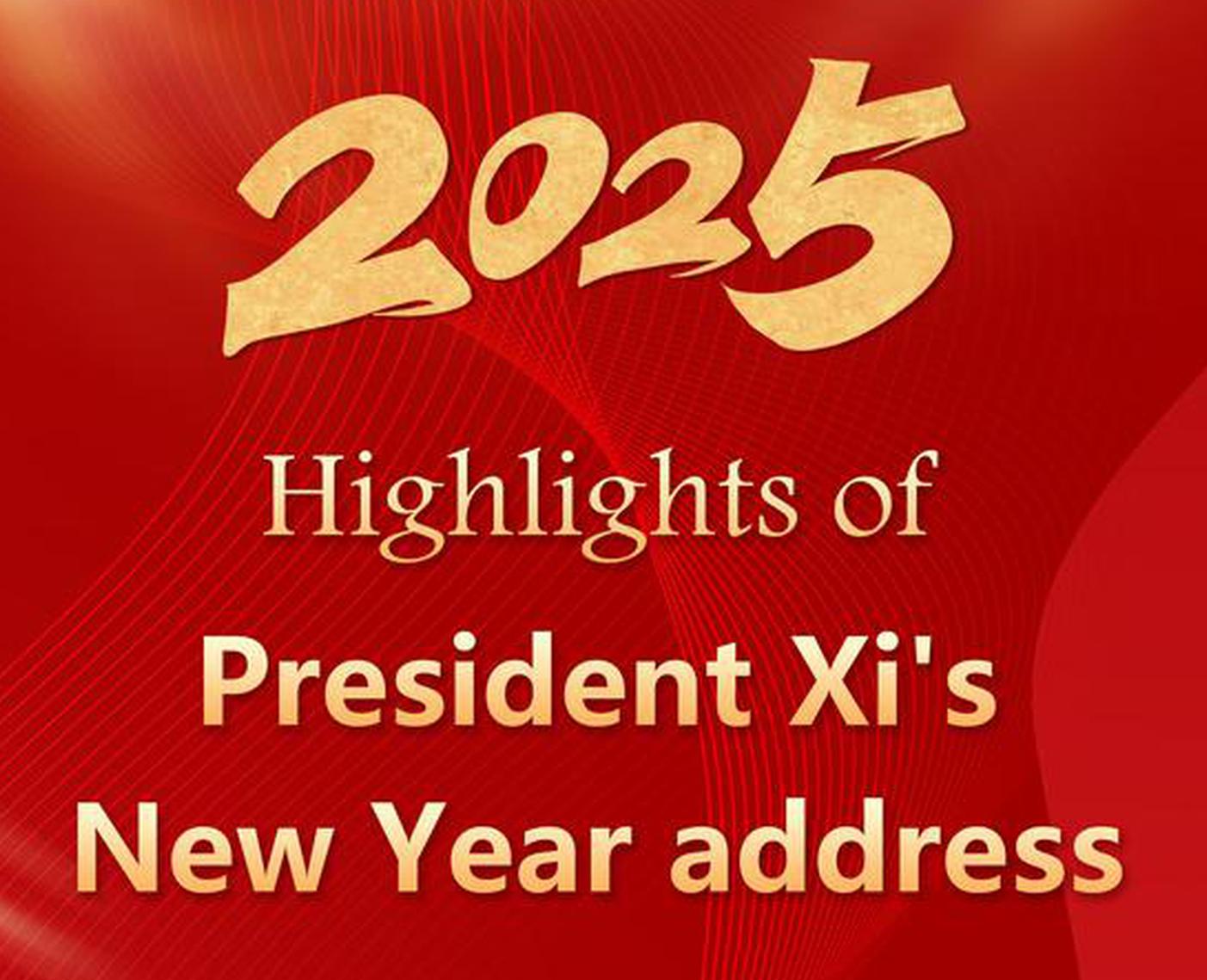

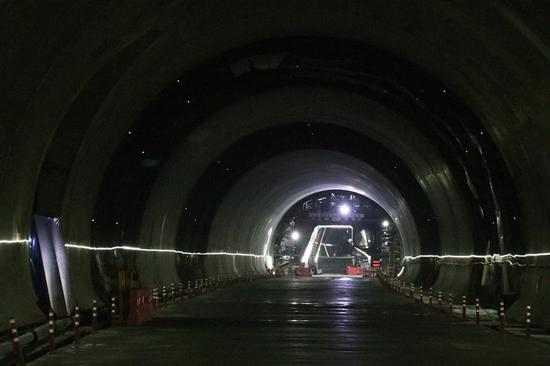
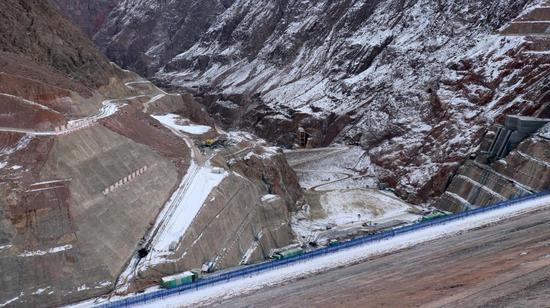

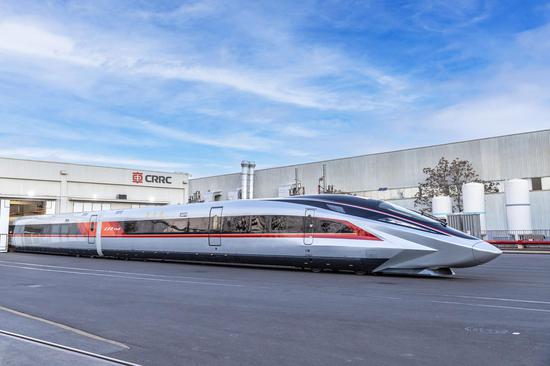






 京公网安备 11010202009201号
京公网安备 11010202009201号